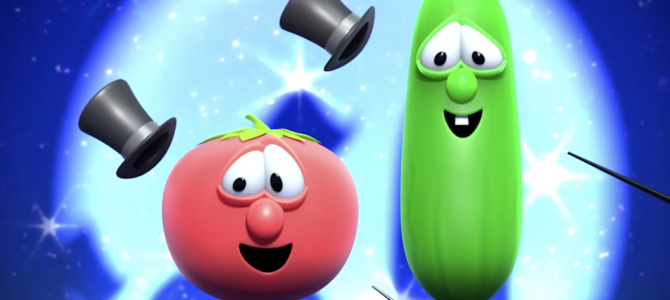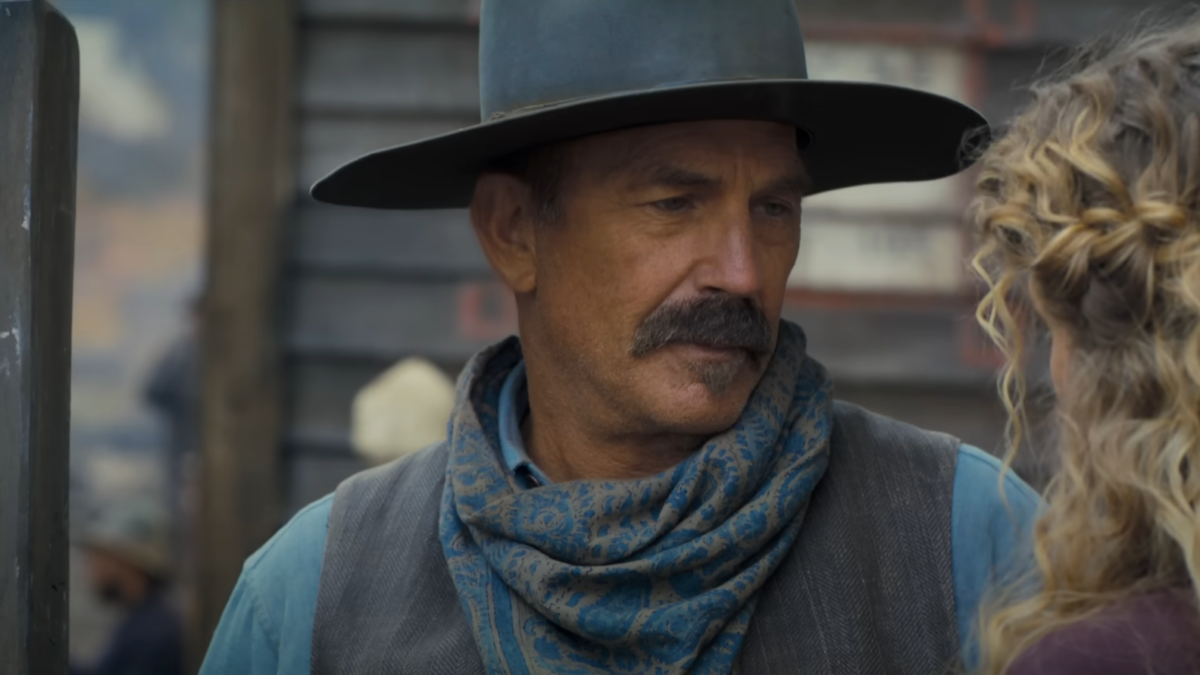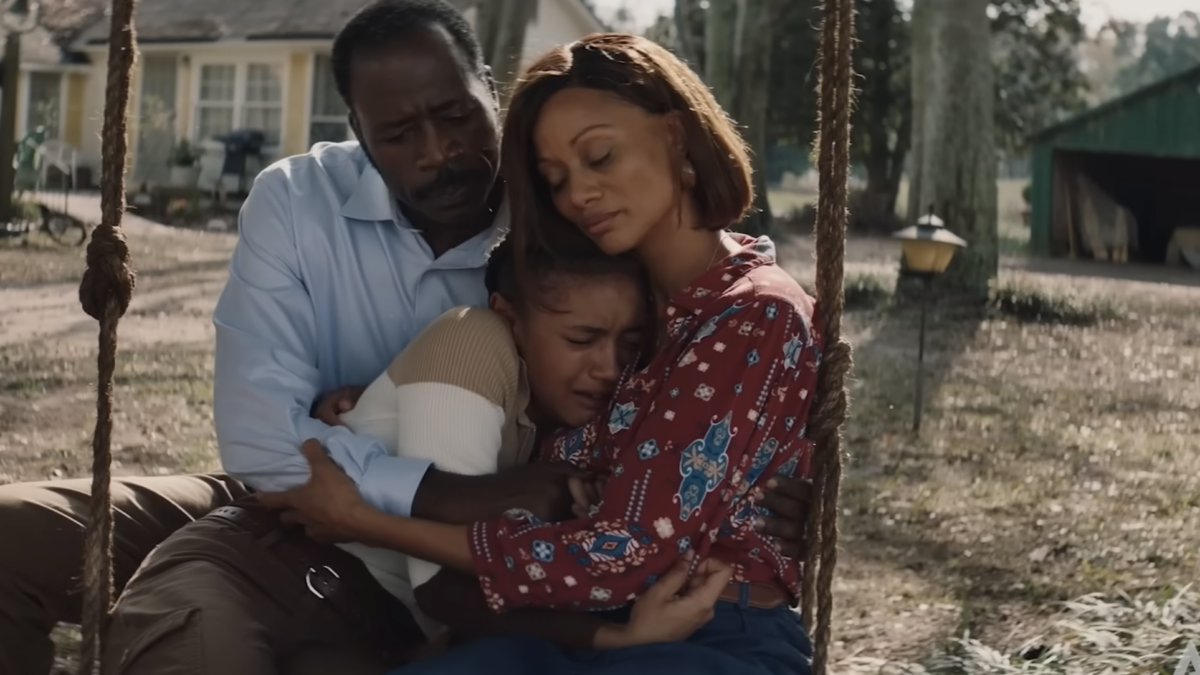
“Comedy is the only form of writing I’ve ever tried,” said Phil Vischer, co-creator of popular faith-based children’s brand VeggieTales, in a phone interview. “Whenever I look at anything—whether retelling a Bible story or thinking, Okay, I want to teach kids X lesson—I immediately say to myself, ‘Okay, flip it upside down. What’s a really funny way to look at this situation?’”
Being wired for laughs makes it difficult for Vischer, age 53, when carrying out duties as an elder at his local church. “Elders are supposed to lead the communion [liturgy] on Sundays,” he said. “But you have to be so serious when you serve communion, and I’m always thinking of things that make me laugh. I couldn’t keep a straight face for that long!”
He divulges how he received a special dispensation: “So the elder board gave me permission to not serve communion, because they didn’t want me up there chuckling.”
2019 marks a turning point for the producer. He just authored an illustrated kids’ Bible, and has returned to the entertainment property he is best known for. His first 31-minute VeggieTales video entitled “Where’s God When I’m S-Scared?”—produced with rudimentary computer animation—hit Christian bookstores in 1993. Two years later, Pixar’s feature-length CG-animated “Toy Story” wowed audiences and forever changed family entertainment.
Vischer’s longtime co-laborer Leslie Ferrell, president of Big Idea Content Group, points out the appeal of VeggieTales at its best. “There is a level of Monty Python-esque humor, clever and funny lines just for the parents,” said Ferrell. “Truths are accessible to kids in the episodes, then there’s something for you as an adult too because of the way it’s written.”
Now a new half-hour animated special, “The Best Christmas Gift,” has released as the series’ 59th entry, although its creators would prefer some past episodes be forgotten. With Vischer back as writer and executive producer, they aim to reintroduce Bob the Tomato, Larry the Cucumber, and the rest of the veggies gang.
Back to Original-Recipe VeggieTales
Surprisingly, the revitalization of VeggieTales comes after being acquired by NBCUniversal in 2016. The global media company has partnered with Trinity Broadcasting Network (TBN) on a planned 26 new Bible-based VeggieTales episodes.
It follows a string of owners who sought to minimize the brand’s faith basis. “The nice thing about Universal is that they don’t really have a point of view on what the storytelling needs to be like,” said Vischer. “They own so many kids’ properties that they look to the expert on each one. ‘Who’s the expert on this? What about the guy that started it, he’s probably the expert!’”
Ferrell has endeavored to steer the colorful characters on their original course despite some conflicts with corporate. Having worked on VeggieTales since 2000, today Ferrell oversees the brand under the larger NBCUniversal umbrella.
“Nowadays, pretty much every preschool property has a ‘values’ lesson to it,” said Ferrell. “Our values message is not, for instance, merely this pervasive, universal idea about telling the truth. We tell the truth because lies hurt people, and we want to love people like God loves people. It’s telling the truth because we want to honor God with our lives.”
In recent years, under DreamWorks Animation, Big Idea was tasked with an action-adventure take on Bob and Larry for Netflix. “Veggies in the House” ventured closer to Looney Tunes than comical adventures to explain biblical principles. “It was dictated by new ownership,” said Ferrell. “They thought, ‘How can we make it so this has a wider audience?’ When those creatives pulled back on the faith element, you start to have less of what defines VeggieTales.”
Now a separate unit of NBCUniversal, Big Idea is getting the old band back together: Vischer, co-creator Mike Nawrocki, songwriter Kurt Heinecke, and other OG creatives. They intend to reframe kids’ love for epic adventures through the Bible, much as Vischer does in his 348-page storybook “Laugh and Learn Bible for Kids” which released in September.
“Kids so much want to be part of a big story,” said Vischer. “They’re drawn to Star Wars or Harry Potter or superhero movies, and they want to act out a role in these big stories. What I really want to do is help kids find their place in the big picture, in God’s big story.”
What Sliced the Veggies
Seventeen years ago, VeggieTales made its first big cultural splash—one that also pushed the fledgling studio into bankruptcy. Today, Big Idea corporate leaders look back on 2002’s “Jonah: A VeggieTales Movie” with awareness of their hubris.
“We were young and ambitious,” said Ferrell. “A theatrical release is a huge endeavor. It was all being financed by Big Idea, with all of the animation done in-house, which is not how anybody does it. You bring on financiers and all share in the risk.”
Vischer notes their lofty ideals even affected which Bible stories they produced then. “I got ambitions to make movies,” said Vischer. “Back then, we could only do Bible stories that had a ‘cinematic feel,’ which means you spend a lot of time in the Old Testament. I wanted all my shorts to look like movies, and it got really expensive.”
Grossing $28 million on a budget of $25.6 million, “Jonah” barely recovered its costs. Paired with an unfavorable ruling in a lawsuit with their distributor, the financial hit led Big Idea to declare bankruptcy in 2003.
“Sometimes you have to fail a bit before you can really see the motives that aren’t what you want them to be,” said Ferrell. “It was a good goal to show Hollywood that there’s an audience who wants wholesome content. But there was also maybe some celebrity wannabe, or ‘I want to be the biggest, brightest, and the best’ that wasn’t becoming—it was a mix.”
Starting in 2010, Vischer spent five years on a low-cost series called “What’s in the Bible?” that used mostly puppets to present the scripture narrative from Genesis to Revelation. “It gave me a more cohesive vision for the whole Bible as one story,” said Vischer. “Now it’s freeing to go back to the way it was in year one and two of VeggieTales, with simpler, shorter stories.”
Returning With Greater Purpose
For Ferrell, having the Veggie creators back boosts their return to form post-bankruptcy. “God can use big, audacious goals, and I think he did, even as we had to learn through some failures,” she said. “This new series keeps everything that’s iconic and introduces a few surprises.”
Yet competition in kids’ entertainment from Nickelodeon, Disney Channel, and others is getting stiffer, with some seeing questionable agendas at play. “A lot of parents are happy with the pro-social, nonviolent messages their kids take in,” said Vischer. “Many don’t even notice these programs show a world lacking in the divine or anything behind the curtain. It’s harder to get parents to look for alternatives when they’ve lost a vision for what their kids are even missing.”
As entertainment options for families multiply, the faith-driven team at Big Idea advocate discerning choices rather than pulling the plug. “We’re way past being able to control kids not being exposed to media,” said Ferrell, a mother and now grandmother herself. “Our job as parents is to introduce great storytelling and media that uplifts them. As ones who want to love our kids, we help them develop an appetite for good things.”
VeggieTales has embraced new channels and opportunities. Before Thanksgiving, The Hollywood Reporter had the scoop that faith-based streaming service Minno has launched with the classic VeggieTales library alongside more than 2,300 other character-building video episodes. It’s priced the same as Disney Plus, making it competitive with other faith-based streaming options.
Vischer, now a granddad, shares in passing of his delight at playing on the floor with his toddler grandkids. His “Laugh and Learn Bible for Kids” and next-generation VeggieTales reflect his lifelong love for telling Bible stories. But can they compete against Disney and other players?
He contends stories don’t have to be the flashiest or most expensive, if truths resonate. “These are pro-social messages,” he said. “But they’re in the context of a world where God exists, which is a world that actually we believe is true and the one we’re trying to raise our kids in.”









